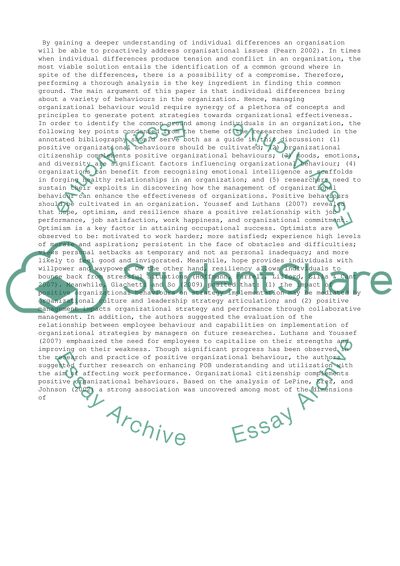Cite this document
(“Organisational begaviour management Essay Example | Topics and Well Written Essays - 1250 words”, n.d.)
Retrieved from https://studentshare.org/management/1427811-argumentative-individual-essay-mob
Retrieved from https://studentshare.org/management/1427811-argumentative-individual-essay-mob
(Organisational Begaviour Management Essay Example | Topics and Well Written Essays - 1250 Words)
https://studentshare.org/management/1427811-argumentative-individual-essay-mob.
https://studentshare.org/management/1427811-argumentative-individual-essay-mob.
“Organisational Begaviour Management Essay Example | Topics and Well Written Essays - 1250 Words”, n.d. https://studentshare.org/management/1427811-argumentative-individual-essay-mob.


